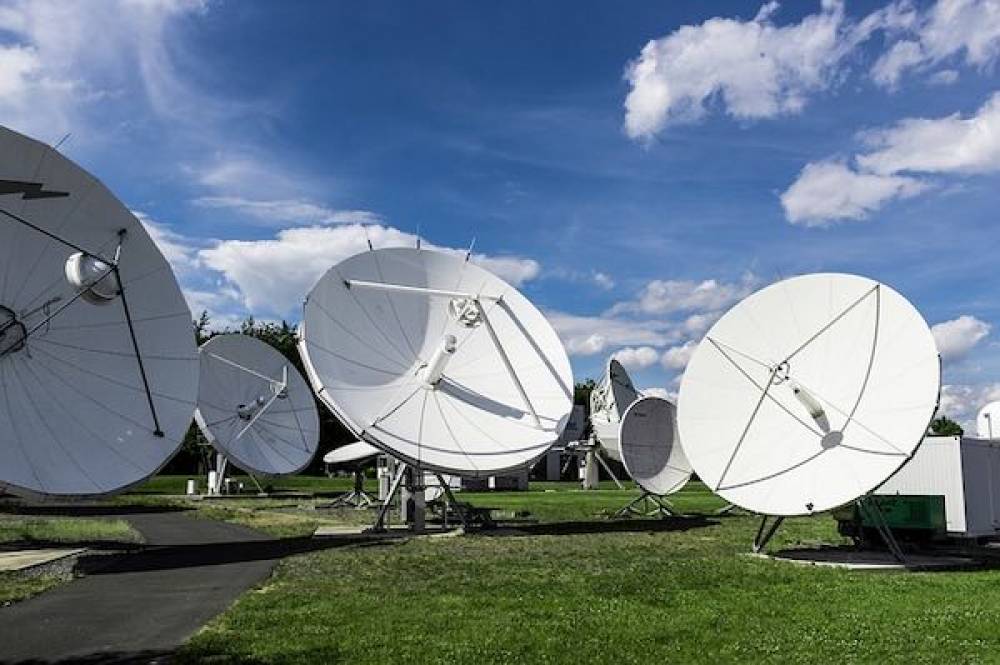
The Benefits Of Studying Antenna Theory
Studying Antenna Theory
An Antenna is an array of conductors (elements), electrically connected to the receiver or transmitter. Antennas can be designed to transmit and receive radio waves in all horizontal directions equally (omnidirectional antennas), or preferentially in a particular direction (directional, or high-gain, or “beam” antennas).
In radio engineering, an antenna or aerial is the interface between radio waves propagating through space and electric currents moving in metal conductors, used with a transmitter or receiver. In transmission, a radio transmitter supplies an electric current to the antenna's terminals, and the antenna radiates the energy from the current as electromagnetic waves (radio waves)
The Importance of An Antenna
- An Antenna is a transducer, which converts electrical power into electromagnetic waves and vice versa.
- An Antenna can be used either as a transmitting antenna or a receiving antenna.
- A transmitting antenna is an electronic device, which converts electrical signals into electromagnetic waves and radiates them.
- A receiving antenna is one, which converts electromagnetic waves from the received beam into electrical signals.
- In two-way communication, the antenna can be used for both transmitter and receiver.
The Need For Antenna
In the field of communication systems, whenever the need for wireless communication arises, there occurs the necessity of an Antenna. The antenna has the capability of sending or receiving electromagnetic waves for the sake of communication.
Types of Antenna
| Types of Antenna | Example |
| Wire Antennas | Monopole antenna, Helix antenna, Loop antenna |
| Dipole Antennas | Monopole antenna, Helix antenna, Loop antenna |
| Aperture Antennas | Waveguide (opening), Horn antenna |
| Reflector Antennas | Parabolic reflectors, Corner reflectors |
| Lens Antennas | Convex-plane, Concave-plane, Convex-convex |
The Benefits of Studying Antenna Theory
- Career Progression: Studying Antenna theory, improves your inquisitive desire to learn more, boosts your self-esteem, increases cognitive skills, strengthens one's confidence, and takes your career to the next level.
- Work Remotely: Studying the antenna theory course gives you an opportunity to work in the comfort zone of your home and live a stress-free life.
- Industry applications: Taking an Antenna theory course enables you to acquire an understanding of antenna concepts and their industry applications. It is generally used in radio receivers and most commonly used in TV receiver antennas.
- Hands-on experience: Gives you the opportunity to apply concepts to the design and simulation of practical antennas’ varying characteristic elements to optimize their system performance and work with tools used in the industry to verify antenna performance.
Skills You Will Gain:
Some of the topics you will learn in the course of study include:
Antenna Theory - Introduction
Antenna Theory - Types of Antennas
Antenna Theory - Wire
Antenna Theory - Half-Wave Dipole
Antenna Theory - Half-Wave Folded Dipole
Antenna Theory - Full-Wave Dipole
Antenna Theory - Short Dipole
Antenna Theory - Long Wire
Antenna Theory - V-Antennas
Antenna Theory - Inverted V-Antenna
Antenna Theory - Rhombic
Antenna Theory - Loop
and lots more..

